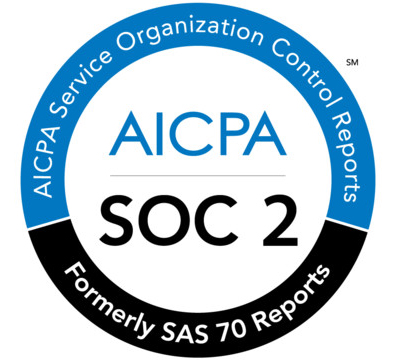SOC 2 ComplianceData protection begins with your choice of vendors. Ensure your cloud software providers are SOC 2 compliant.
FYIsoft is SOC 2 Certified
SOC 2 is an auditing procedure performed by an objective third party that ensures service providers securely manage the computing environment and data to protect the interests and the privacy of their clients.
SOC 2 is a rigorous process developed by the American Institute of CPAs (AICPA). Our customers can confidently trust their most important financial data with FYIsoft, knowing our company meets all criteria outlined in the five trust principles: security, availability, processing integrity, confidentiality and privacy. Learn more about these pillars below

SOC 2 Compliance: Five Trust Principles
SOC 2 certification is issued by independent external auditors. In accordance with the AICPA guidelines, these auditors assess the extent to which a vendor’s systems and processes comply with all criteria outlined within the following five trust principles.
1. Security
The security principle refers to protection of system resources against unauthorized access. Access controls help prevent potential system abuse, theft or unauthorized removal of data, misuse of software, and improper alteration or disclosure of information. IT security tools such as network and web application firewalls, two-factor authentication and intrusion detection are useful in preventing security breaches that can lead to unauthorized access of systems and data.
2. Availability
The availability principle refers to the accessibility of the system, products or services as stipulated by a contract or service level agreement (SLA). As such, the minimum acceptable performance level for system availability is set by both parties.
This principle involves security-related criteria that may affect availability. Monitoring network performance and availability, site failover and security incident handling are critical in this context.
3. Processing Integrity
The processing integrity principle addresses whether or not a system achieves its purpose (i.e., delivers the right data at the right price at the right time). Accordingly, data processing must be complete, valid, accurate, timely and authorized.
4. Confidentiality
Data is considered confidential if its access and disclosure is restricted to a specified set of persons or organizations. Examples may include data intended only for company personnel, as well as business plans, intellectual property, internal price lists and other types of sensitive financial information. Encryption is an important control for protecting confidentiality during transmission. Network and application firewalls, together with rigorous access controls, can be used to safeguard information being processed or stored on computer systems.
5. Privacy
The privacy principle addresses the system’s collection, use, retention, disclosure and disposal of personal information in conformity with an organization’s privacy notice, as well as with criteria set forth in the AICPA’s generally accepted privacy principles (GAPP). Personal identifiable information (PII) refers to details that can distinguish an individual (e.g., name, address, Social Security number). Some personal data related to health, race, sexuality and religion is also considered sensitive and generally requires an extra level of protection. Controls must be put in place to protect all PII from unauthorized access.
